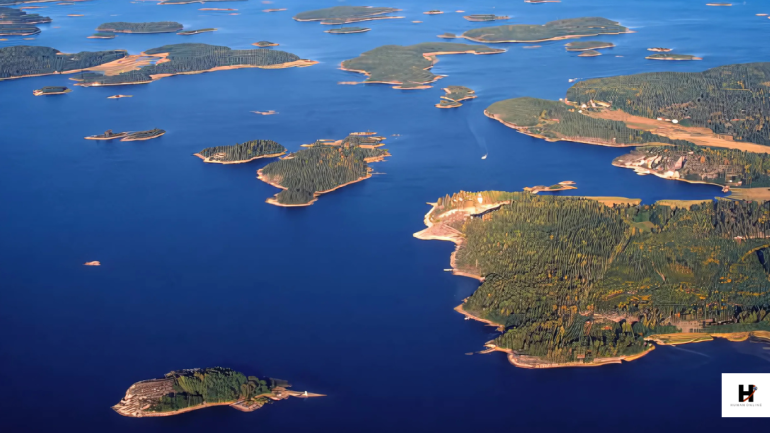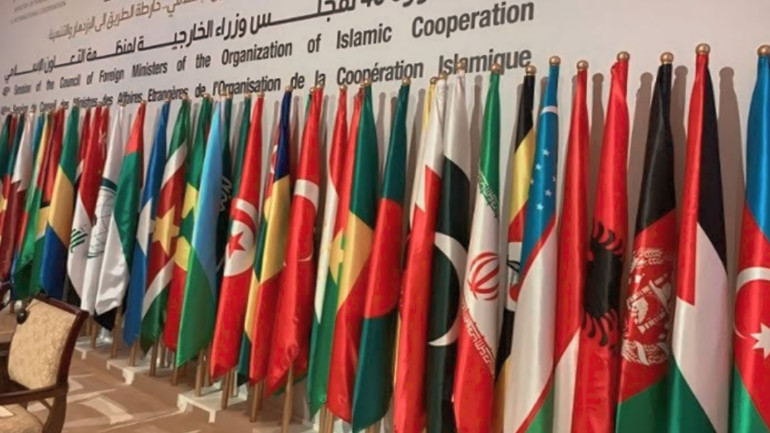New Zealand, which still manages the Cook Islands' defense and foreign affairs, swiftly blocked the Cook Islands' most recent attempt to create a new national passport for its citizens in an attempt to create a new kind of independence.
Background and Proposal: Self-governing Cook Islands, in free association with New Zealand, aimed at the issuance of its passports 'to'recognize our own people’, Cook Islands Prime Minister Mark Brown said. This proposal was to enable the Cook Islanders to have their own unique passport, yet they would be staying citizens of New Zealand.
Response from New Zealand: New Zealand, however, stands its ground; they say that such a provision can only be for countries that are fully independent. The statement of New Zealand’s Foreign Minister Winston Peter was clear to make that any change of the status quo will trigger a referendum to vote either to keep having the advantages of New Zealand’s citizenship or to be fully independent.
Public and Political Reactions: The proposal has been able to elicit responses from the people of the Cook Islands; however, this has been subjected to criticism, especially because of the inability to consult the populace. Cook Islanders are having a hard time accepting the result of the democratic process in Wellington; Thomas Wynne complained whether the decision made is the will of majority of the people. Subgroups also have concerns about losing their right to freely access services within New Zealand for example, health services.
Comparative Context: Other self-governing territories, such as Niue, Greenland, Faroe islands and Puerto Rico have different level of self-rule but don’t run their own foreign and defense policies.
Although the leading Cook Islands government has stated its commitment to avoiding any measures that would threaten its sovereignty relative to New Zealand, the issue under consideration demonstrates the sustains tension and the dynamic interplay of independence and dependence.







